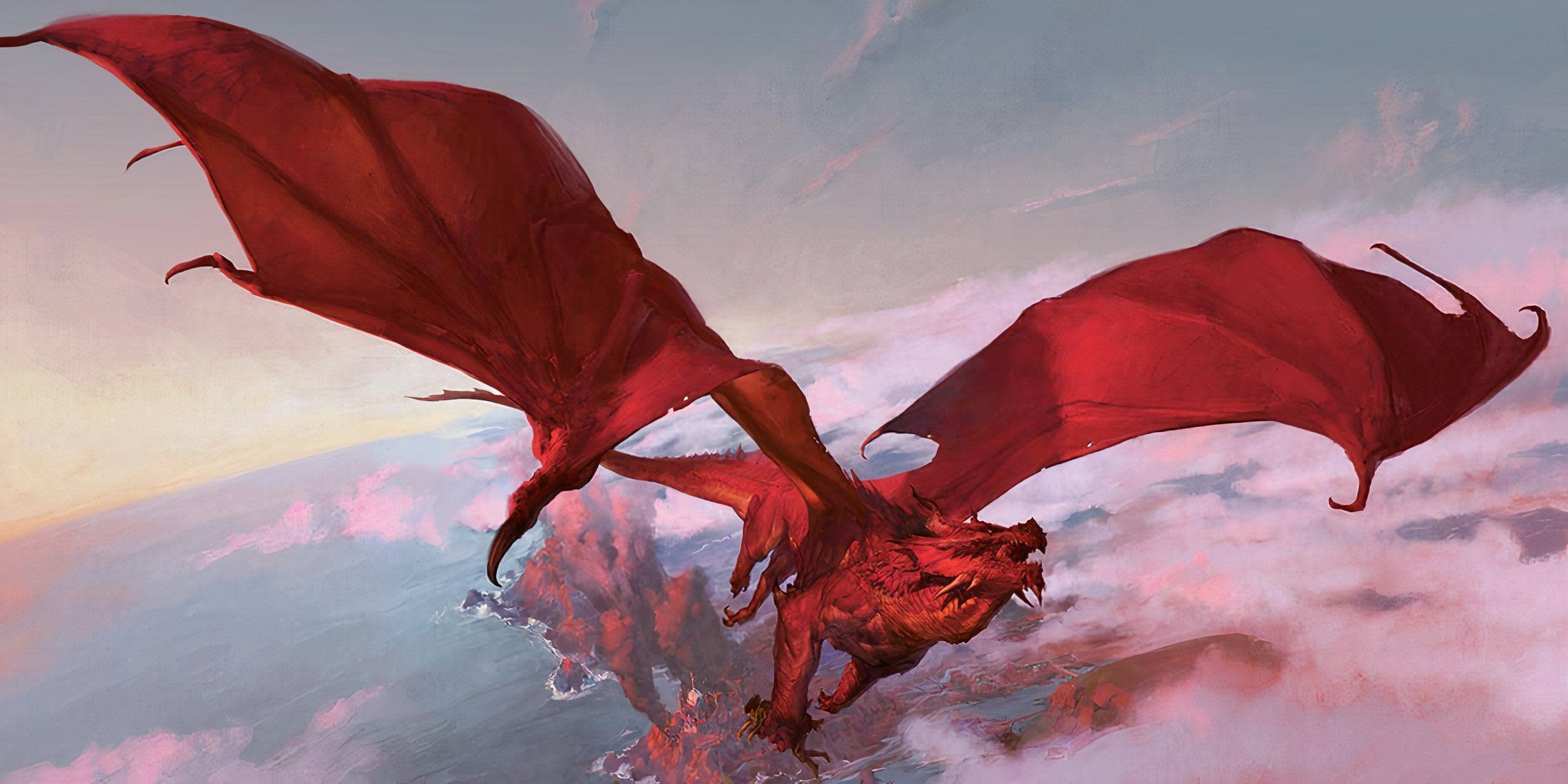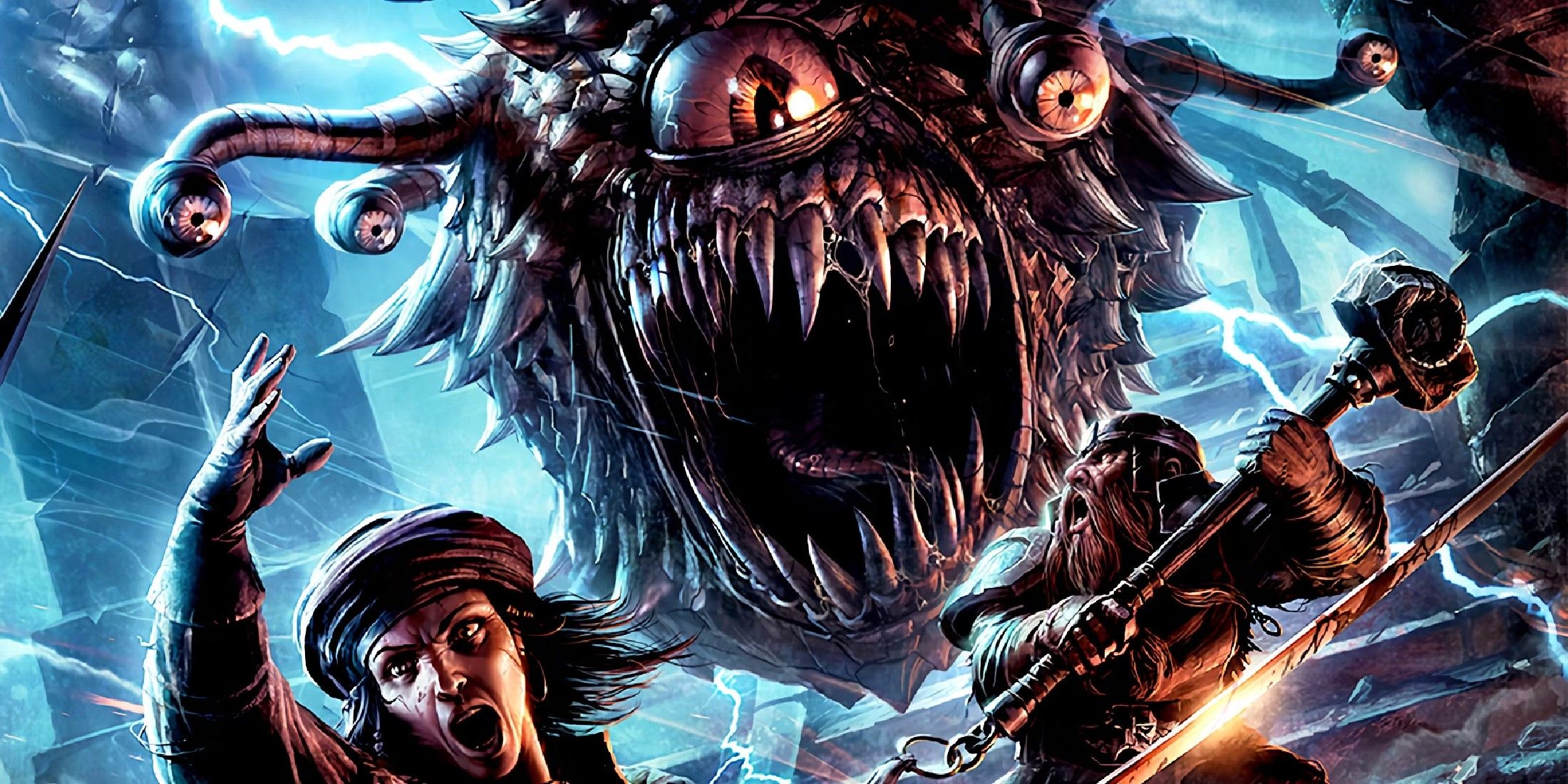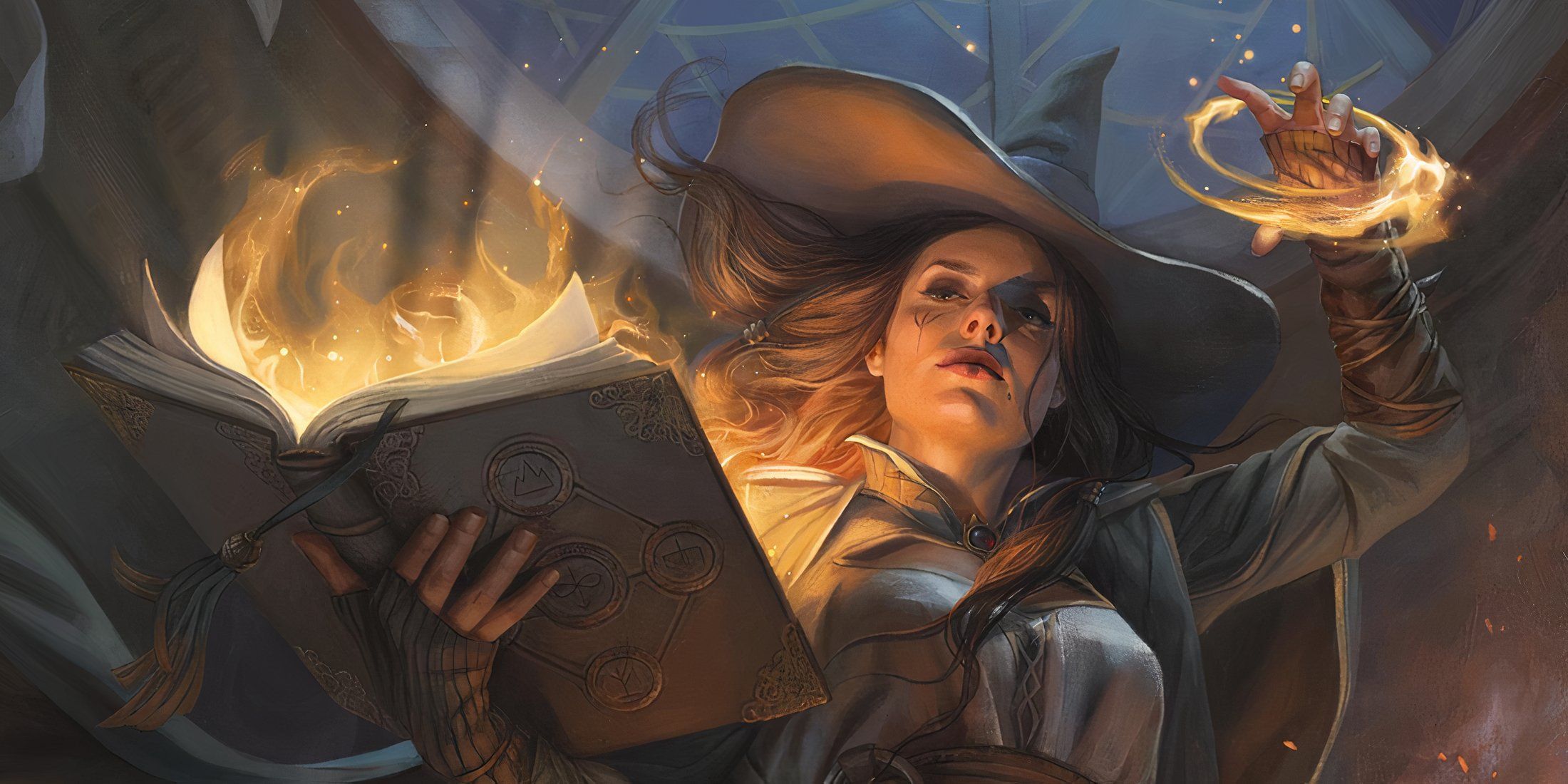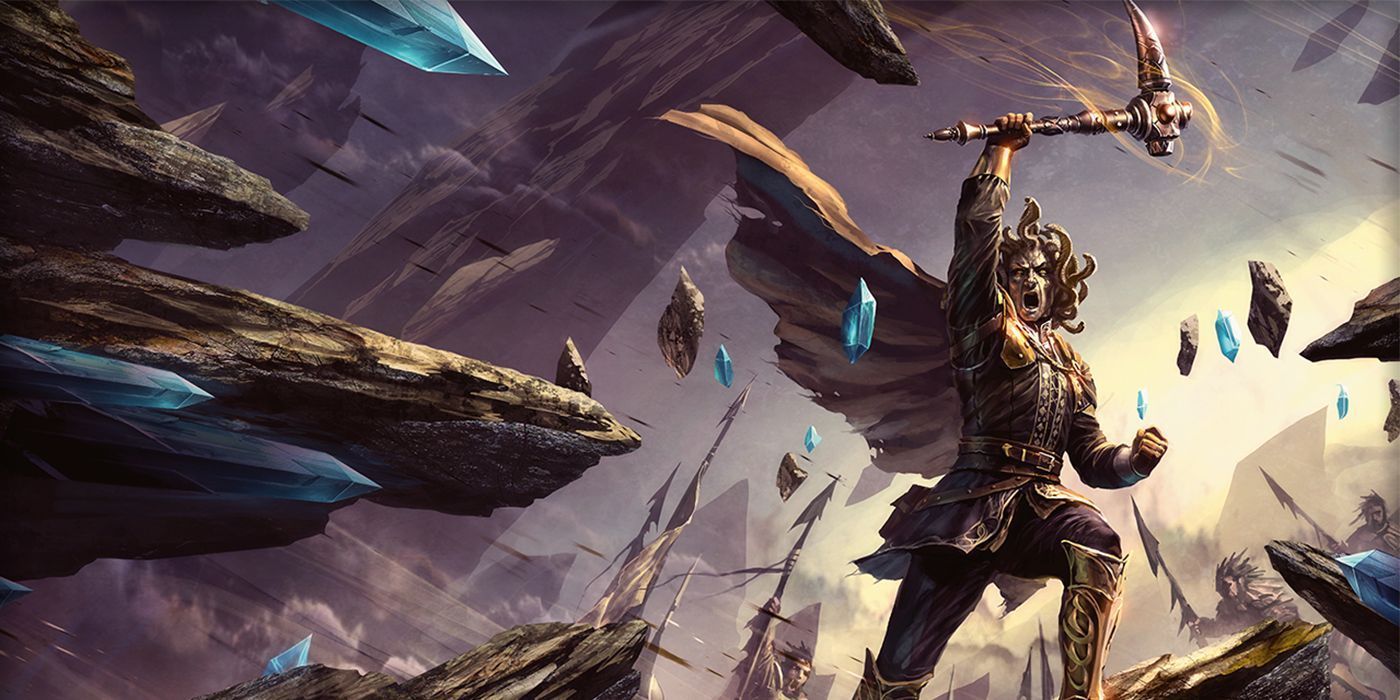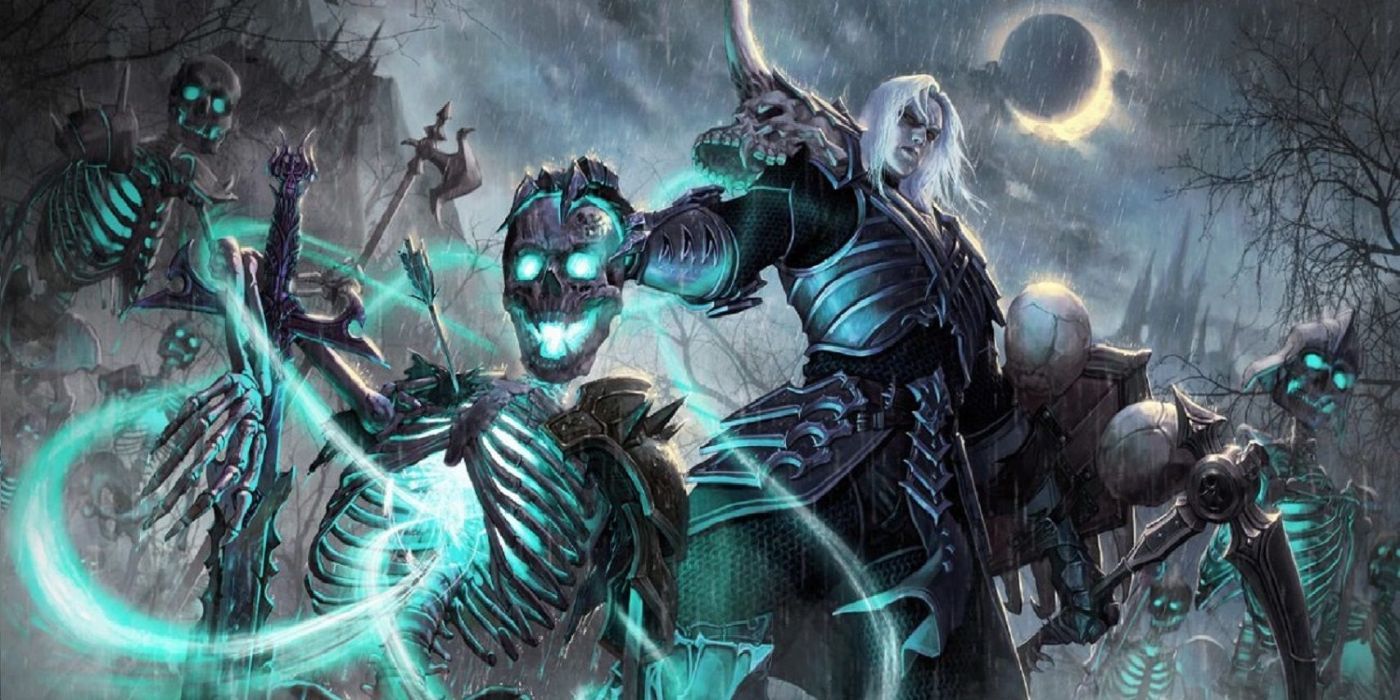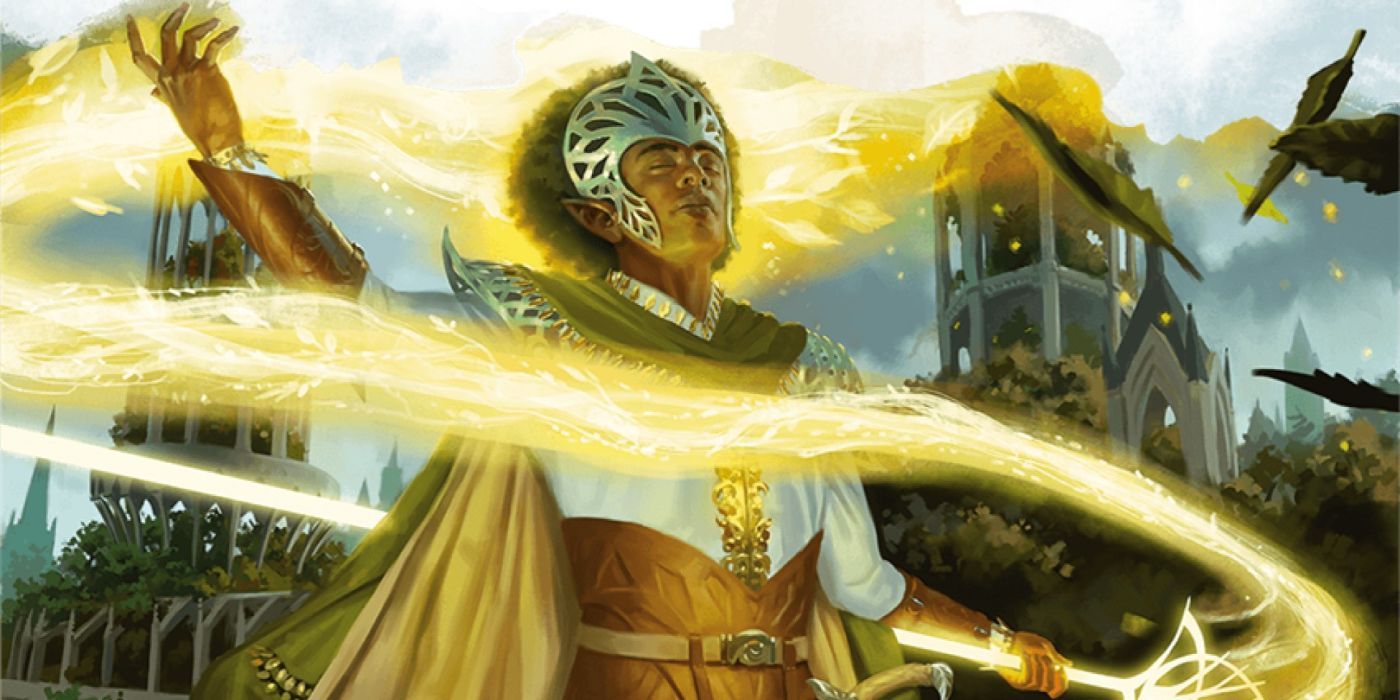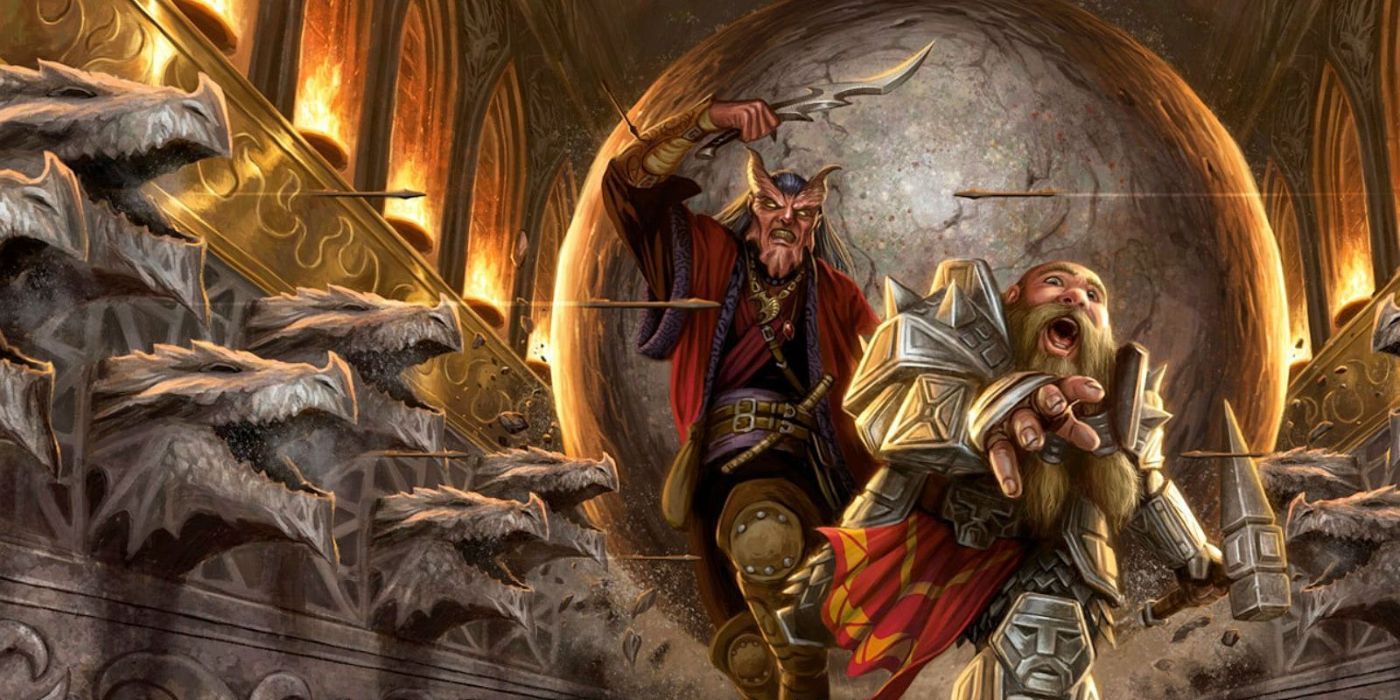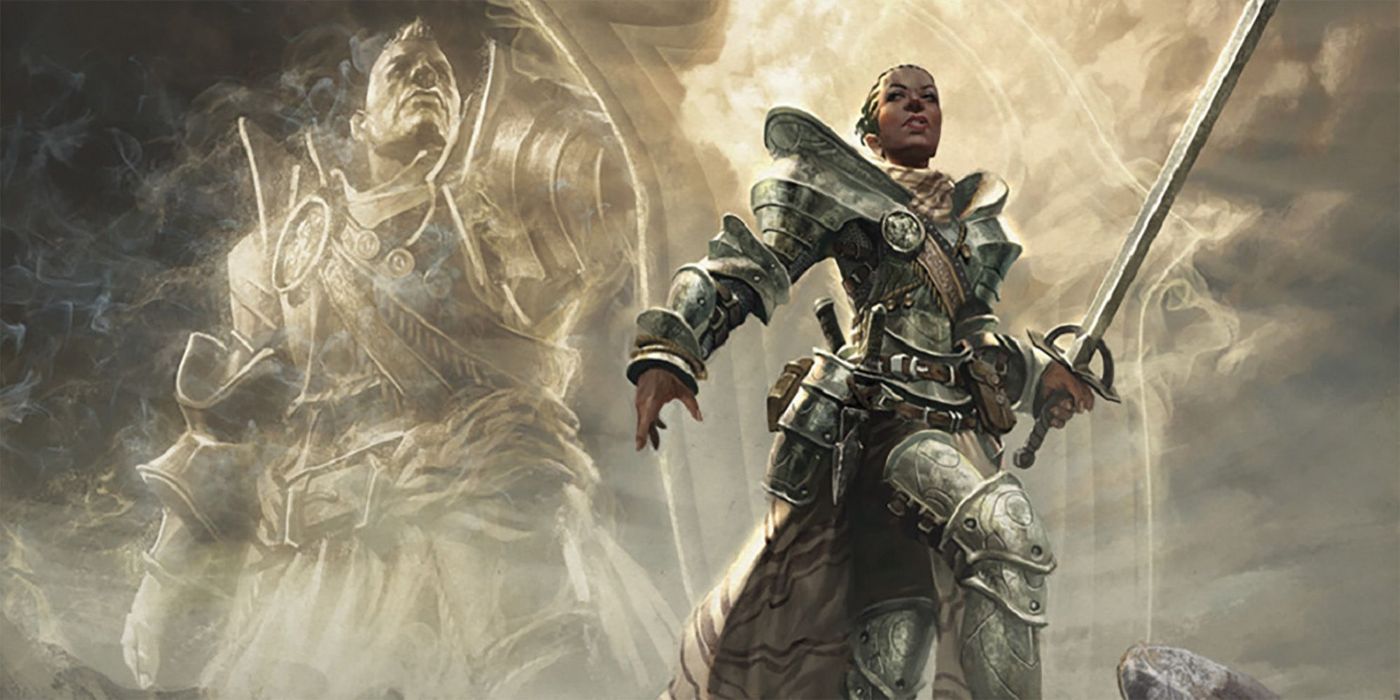Character creation is the most alluring element of Dungeons & Dragons — and TTPRGs in general. One can create a character and build them however they see fit, limited only by their imagination and the rules. Such a freeform system allows for innumerable possibilities and, as such, countless distinct character concepts. While every character is unique, they usually adhere to a trope — a significant or recurrent theme.
Many of those familiar with Dungeons & Dragons know of popular character tropes such as the edgy rogue, the scholarly wizard, the mindless barbarian, and the 'charismatic' bard. These character concepts, although somewhat cliché, are among the most notable in the venerable TTRPG. However, they are incomparable to the lesser-known but outstanding character tropes listed below.
5 The Inspiring Leader
In Dungeons & Dragons, an ever-present dynamic among parties is the constant struggle for leadership. Rarely, if ever, does this internal conflict between characters resolve itself. Usually, parties end up resorting to a sort of democratic form of decision-making, in which everybody gets a say. But what if a player built their character with the intent of being an inspirational leader?
As a paragon of selflessness and cooperativeness, the inspiring leader presents many promising opportunities for interactions. They may guide and motivate the party whenever adversity strikes or even unite the unlikeliest of groups during times of widespread suffering. As long as they remain resolute and firm in their beliefs, the inspiring leader will make a welcome addition to nearly any party. With such a stalwart role model, parties can be much more cohesive and cooperative in their pursuits.
4 The Sensible Villain
While Dungeons & Dragons assume that players will be heroes, or at the very least doers of good, evil characters are a possibility. However, there is a stigma in the community concerning malevolent or self-serving individuals. Many believe that there is no place for such sinister characters in most parties, and that is true — to an extent. Mindlessly evil characters are needlessly disruptive, but a sensible villain is an acceptable, worthwhile character.
Despite their outward demeanor, the sensible villain often has good intentions or reasoning behind their nefarious actions. Such a dynamic allows them to join good-aligned parties and work alongside them. Moreover, the sensible villain has the most potential for development and change, possibly even denouncing their evil ways. Characters following this trope can make for compelling members of nearly any party if they are open to change. Party members may dramatically alter the development of the sensible villain.
3 The Conflicted Pacifist
Of Dungeons & Dragon's three pillars of play, combat is one of the most popular. So much so that the idea of avoiding conflict is not only strange but somewhat controversial as well. As such, many groups dissuade or outright ban disruptively pacifistic characters. In truth, characters that vehemently discourage violence may be problematic; however, a conflicted pacifist proves to be all the more intriguing.
While adamantly peaceful at first, the conflicted pacifist will likely fall short in their pursuit of harmony. They may remain true to their ways or succumb to their violent tendencies. Thus, the party and the hardships they face will largely influence what path the conflicted pacifist will follow. Characters of this trope would be a welcome addition to nearly any party. Depending on its composition, the conflicted pacifist can become starkly different from who they were at the beginning of a campaign.
2 The Reluctant Adventurer
Most characters in Dungeons & Dragons are born to be adventurers, natural thrill-seekers, doers of good. These qualities are what make a character viable for such a daring lifestyle. What if a character did not possess these traits, however? Instead of being bold and heroic, they were a simple person forced into a life of adventure. While such an idea seems unlikely or lackluster, a reluctant adventurer makes for compelling opportunities.
Whether hesitant or blatantly against adventuring, the reluctant adventurer has no choice but to embrace such a daring way of life. They may falter to its constant hardship or discover a newfound love for danger and excitement. Regardless, the reluctant adventurer must see their quest through to the very end. This somewhat contradictory character trope works well with more haughty and experienced adventuring parties. Thus, allowing for some truly memorable moments and interactions.
1 The Aspiring Hero
The most righteous and courageous heroes in Dungeons & Dragons often start much differently than one would think. They may begin as simple mercenaries, petty thieves, or curious explorers. Regardless of who they were, their adventures molded them into stalwart protectors of the land. However, what if a player made their character with the preconceived notion that they would become a hero?
Energetic and hopeful, the aspiring hero intends to become a legend, a paragon of righteousness and bravery. They will aim to do good whenever possible and take on unfavorable feats for renown. The aspiring hero will exercise the most virtuous qualities and challenge those who act against the forces of good. Although they have good intentions at heart, the aspiring hero may act recklessly in their pursuit of glory. Characters of this trope will function well with most good-natured parties. Possibly even serving as a role model for more nefarious party members.

